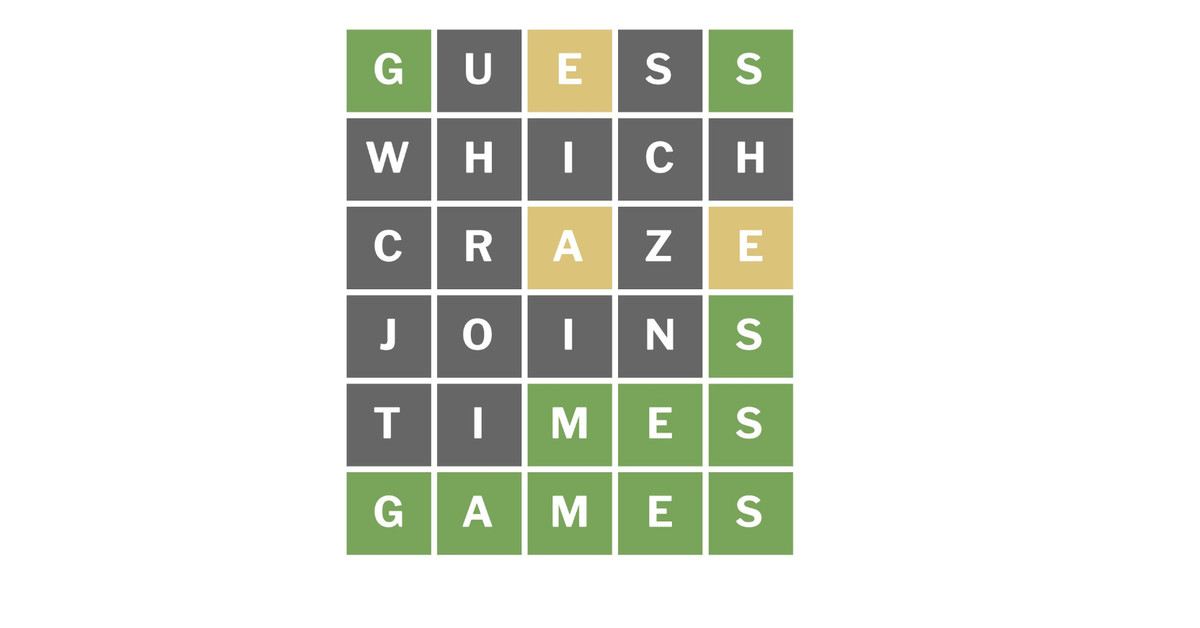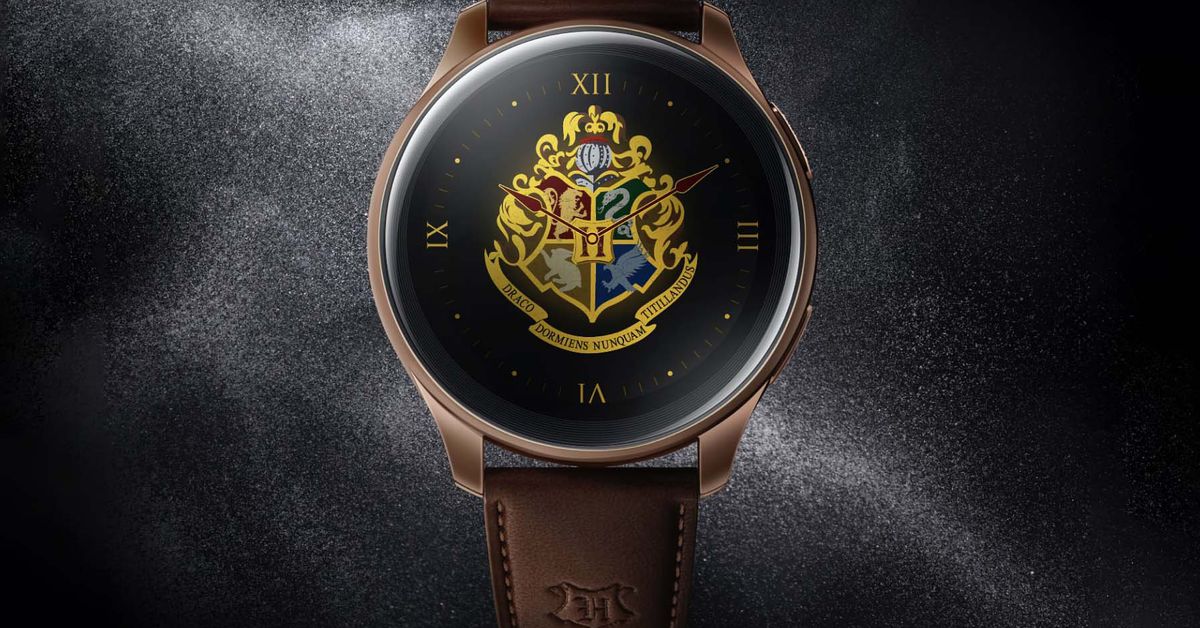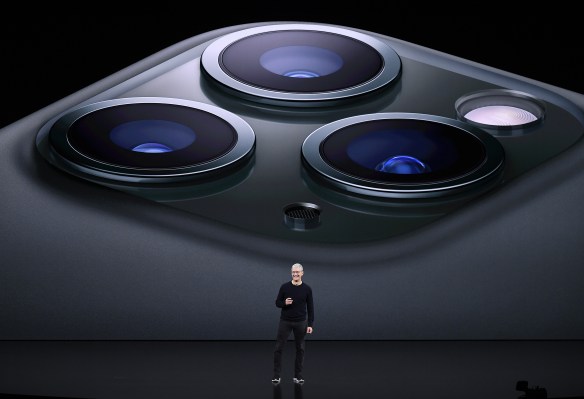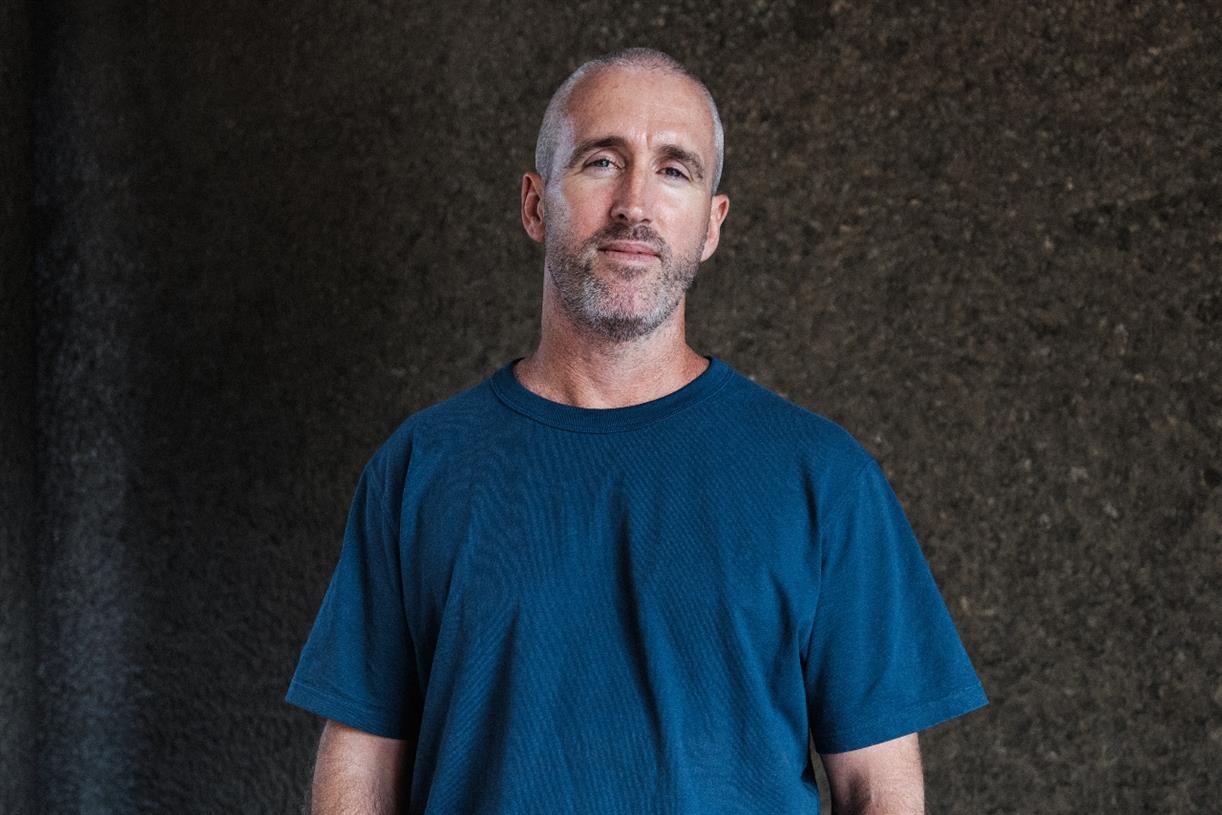No, The New York Times did not make Wordle harder
Wordle — the viral daily word guessing game that was recently bought by The New York Times — has been on a tear in the past few days. Brainteasers like “ULTRA,” “ULCER,” and “ALOFT” have appeared, frustrating players, many...

Wordle — the viral daily word guessing game that was recently bought by The New York Times — has been on a tear in the past few days. Brainteasers like “ULTRA,” “ULCER,” and “ALOFT” have appeared, frustrating players, many of whom have taken to Twitter to complain that the game’s new owners are intentionally amping up the difficulty.
But while conspiracy theories abound that the rash of difficult words is a result of the New York Times Games division sitting around with devilish grins, looking to find the most difficult five-letter words in the lexicon, the truth is that The New York Times is innocent of Wordle crimes here.
wordle started out like 'h-o-u-s-e' and now it's like 'e-r-g-o-t' bruh the point was that you could be stupid and still have fun. it was like the candyland of word games
— muna (@Muna_Mire) February 14, 2022That’s because Wordle’s solutions don’t include every five-letter word in the English lexicon. As the game’s creator, Josh Wardle, explained in a New York Times interview (before the game was acquired), he had his partner, Palak Shah — for whom the game was originally created as a gift — help whittle down the 12,000 or so possibilities to around 2,500 words that she was familiar with.
It’s that word list that constitutes Wordle’s solution set, and the list is literally baked into the Javascript of the website itself. It’s one of the reasons the game was so easy to save locally before the NYT purchase.
And as a quick comparison between the pre-NYT list of solutions (which can be viewed here, with a HEAVY spoiler warning) and the list of still-viewable solutions on the NYT version of Wordle (you can follow PCMag’s instructions here to view the Javascript list), the game’s new owners haven’t changed a single solution — yet, anyway. The main change that the Times made was to remove some words from the list of valid guesses for the game (specifically, offensive language and slurs), but that doesn’t impact the solution list.
The past few days of Wordle have had a different vibe. Seems like those choosing the words are actively seeking uncommon letter combinations in a way that wasn’t happening before. Not sure how I feel about it. 239 5/6
⬛⬛ ⬛
⬛ ⬛
⬛
⬛
The truth is that Wordle has always had difficult words. TAPIR and REBUS have previous answers, as have PROXY, KNOLL, QUERY, and SIEGE.
Since The New York Times bought Wordle, these have been the solutions:
THOSE MOIST SHARD PLEAT ALOFT SKILL ELDER FRAME HUMOR PAUSE ULCER ULTRA ROBINSome of those words are indeed trickier ones, but there have been plenty of friendly words in the mix, too, like THOSE, FRAME, and SHARD. And while the recent streak of tough words is definitely a thing (including today’s puzzle, which, I’ll admit, took me all six guesses to solve), it’s not because The New York Times is ruining the game.

 Lynk
Lynk 
































